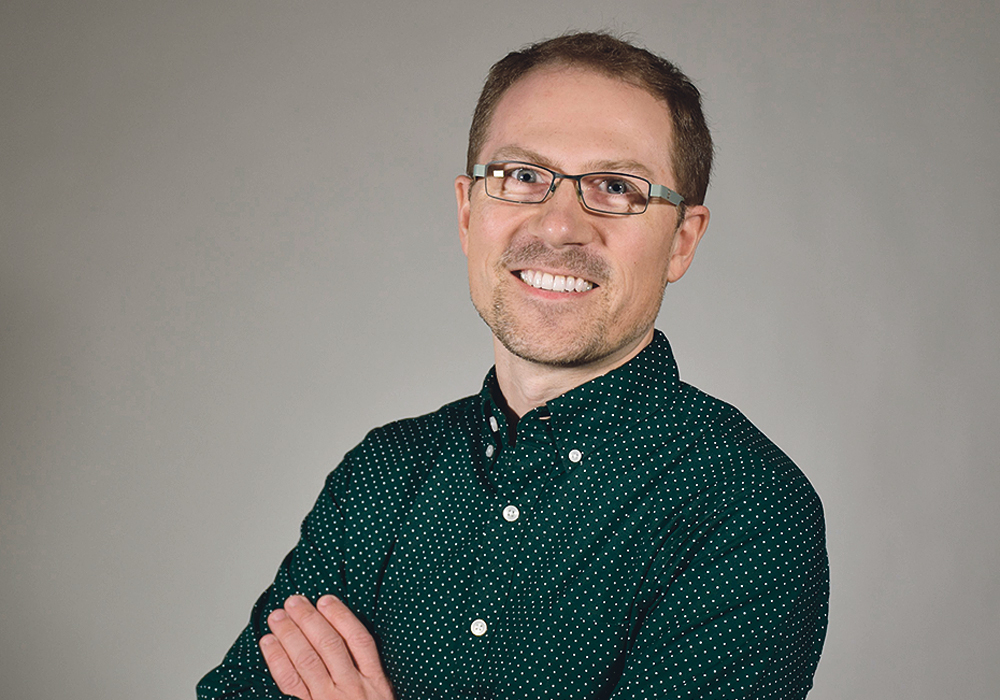One of the most important life lessons Wayne Gibson learned in becoming a life coach is the value of a powerful question.
“We need the right questions, the right perspective on how to look at something so we can see it a little bit more clearly than we did before,” says the Regina-based life coach.
“As we get older and have more obligations, more feelings about what should be done, what must be done, sometimes ‘why is this important?’ can be that powerful question,” he says.
Read Also

Nutritious pork packed with vitamins, essential minerals
Recipes for pork
“ ‘Oh,’ may be the reply. ‘I haven’t thought of that for a long time. Maybe it’s not important. Maybe it’s not important any more. Then, why am I doing it?’ ”
Life coaches allow the client to set the goal. They are different from a therapist in that there is no discussion of childhood or past experiences. Life coaches focus on helping their clients develop clear visions on what they want in the future, why they want it, and how they are going to achieve it.
“We are trying to be a reflection of what the client is saying, thinking and feeling,” says Gibson. “Helping them to hear themselves, to have that time to think through what they’re saying. They may not know they have the solution but the way that we approach the client really empowers them. I view life coaching very much like a partnership. I am joining my client as a partner to just determine some good solutions.”
Life coaches don’t offer advice. They have no preconceived ideas of what is best.
“You’re really drawing on the resources that the client already has. You’re putting the client in the driver’s seat,” says Gibson.
A life coach can be helpful in times of transition such as retirement. Some issues that could be addressed include succession — how to divide the land and who will farm it. At the same time, the original landowners are deciding what the rest of their life will look like. Will they stay on the farm or will they move? Will they begin a new career?
“A transition is a great opportunity to reflect — am I really serving the values that are most important to me? And maybe this is an opportunity that I can pursue something that I have the time to do now or that I have renewed focus to do, or that I wasn’t confident to do before. Maybe if I am able to tap into my confidence a little more I’ll be more excited to do it.”
Relationships, whether with spouses or grown children, could also be addressed by a life coach, Gibson says.
“Again, as a coach I‘m not going to provide advice on how to fix something but I will explore with them what they’re hoping the relationship could be and how might they achieve that.”
Gibson is a certified coach with Erickson International, an International Coaching Federation accredited program. Life coaches can be found across Canada.
Coaching sessions can be completed by phone or video conferencing as well as face to face in the coach’s office.
The coaching relationship is based on the issue and the desired outcome, says Gibson. Some clients may want to have a coaching relationship for years, touching base once or twice a year, while others might want coaching for an immediate concern that is resolved within three to six fairly intensive sessions.
“I think most coaches tend to offer a bit of an introductory, exploratory session, just to give our clients an idea of what the coaching relationship is all about and see if it works for them,” he says.
The cost of hiring a life coach depends on factors such as location and duration of the sessions. Prices can range from $75 to more than $200 per session.

















